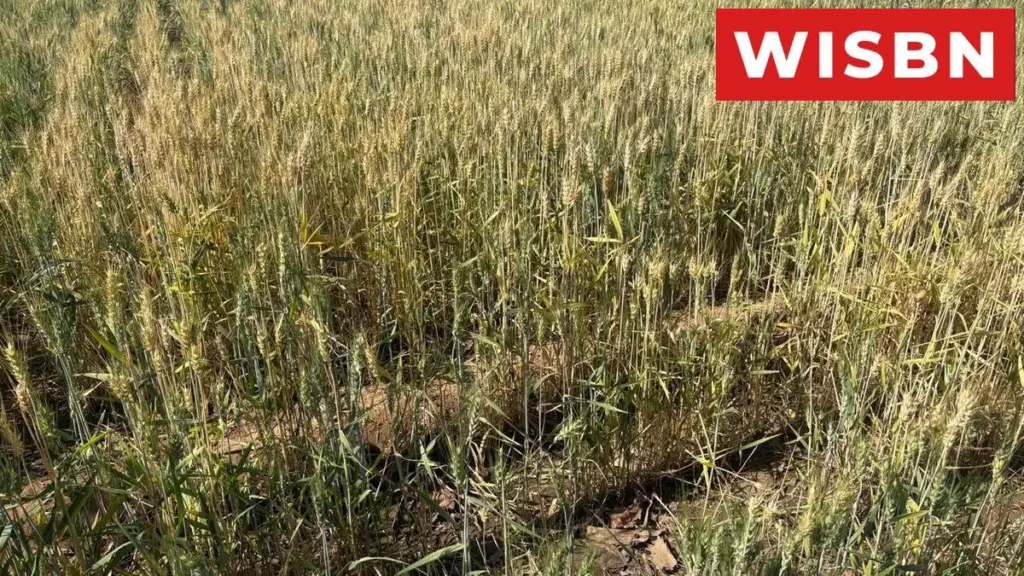An innovative trial to cultivate wheat for the first time on arid land, using desert ‘soilification’ technique powered by a locally developed bioformulation, could halt the spread of western Rajasthan’s Thar desert toward the National Capital Region. Desertification has accelerated with the progressive degradation of the Aravali ranges.
Amid shifts in rainfall patterns, the advance of sand dunes, unscientific plantation drives and land degradation, researchers at the Central University of Rajasthan (CUoR) have undertaken an experiment in wheat cultivation, battling challenges and adapting to the severe desert ecology.
The team essentially transformed desert sand into soil using polymers to harness its full agricultural potential. After laboratory trials with three bioformulations and three crops — bajra, guar gum and chickpea — the scientific inquiry was moved to a field setting to grow wheat.
The milestone was achieved with 13 kg of seeds of the indigenous wheat-4079 variety, sown on 1,000 sq. metres of desert land at Banseli village near Pushkar in Ajmer district in November 2024. Following the application of the bioformulation during the crop cycle, the wheat needed only three irrigations, demonstrating the technology’s strong water-retention capability.
Akhil Agrawal, Associate Professor in CUoR’s Department of Microbiology, who led the research team, said that the bioformulation developed by the group improved water retention in sandy soil, encouraged cross-linking of sand particles to enhance soil structure, and stimulated beneficial microbial activity that raised the crop’s stress tolerance.
The crop was harvested in April 2025, yielding 26 kg of wheat per 100 sq. metres. The seed-to-harvest ratio was 1:20 — twice that recorded in the untreated arid land zone.
The project was carried out with support from the Krishi Vigyan Kendra (KVK) and the State government’s Horticulture Department, whose assistance helped scale the field trials in an actual desert setting. KVK officials designed the layout on the land, which lies at the edge of the Thar desert.
“This experiment is an example of applied science turning into societal impact,” Prof. Agrawal said, adding that it had demonstrated that even barren desert land could be made agriculturally productive using the appropriate biotechnological approach. Research scholar Diksha Kumari, who implemented the field work, said the reduced water requirement and healthy crop growth in a “hostile environment” were key outcomes of the effort.
The number of irrigation cycles was cut to four with the bioformulation compared with five to six cycles for conventional wheat cultivation, as the treatment converted sand into a soil-like medium.
Higher yield
In the second phase, an experimental plot of 400 sq. feet was prepared on the university campus by spreading 100 tonnes of sand brought from Jaisalmer. Bajra, guar gum and chickpea were trialled on the plot, where researchers achieved a 54% higher yield in bioformulation-amended sand.
Encouraged by the success of the pilot wheat crop, CUoR plans to extend the technology to other crops such as millet and green gram in the arid regions of Rajasthan and beyond.
See also: Ballarat’s First 3D-Printed House Nears Completion



